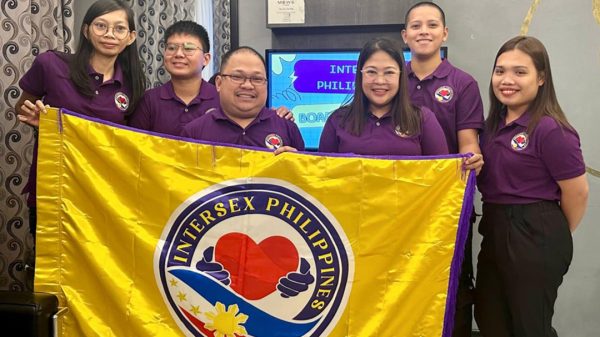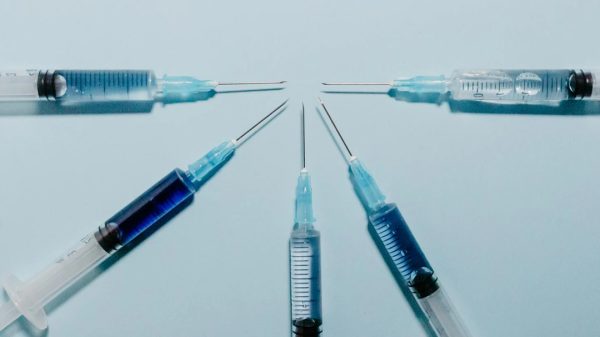The Implementing rules and regulations (IRR) of Republic Act 11166, otherwise known as the Philippine HIV and AIDS Policy Act, which eyes to address the growing HIV epidemic in the country, has been signed. The new law repealed RA 8504.
“We are confident that the new law will forge a stronger alliance among government, private sector, civil society organizations, faith-based organizations, media and all stakeholders in order for us to overcome the HIV epidemic,” Health Secretary Francisco T. Duque III said.
It should be noted that in 2008, an average of one infection per day was recorded. This has now ballooned to 36 new infections per day as of April 2019.
“We should act now as fast as we can since 29% (240/840) of all new confirmed HIV cases last April 2019 affect our youth aged 15-24 years old,” Duque said.
In order to address the worsening situation, the new law provides for the lowering of age of consent from 18 to 15 years old. The law specifically provides for intervention through the matured minor doctrine and the provision of proxy consent for children below 15 years old.
The education component of the program was also strengthened by mandating learning institutions to focus not only on the right information on HIV and AIDS but also in human rights principles to reduce stigma and discrimination. HIV education will also cover Indigenous Peoples (IP) communities and communities in the geographically isolated and disadvantaged areas (GIDA).
A “Comprehensive Intervention” shall be provided to the key affected population which includes males having sex with males (MSM), sex workers, people who inject drugs (PWID), transgender people, and overseas Filipino workers (OFW). The law also provides care and support to all people living with HIV (PLHIV), their affected families and especially the orphaned children.
This law also ensures the development of program for treatment, care and support for persons confined in jails, rehabilitation centers and other closed-setting institutions. It likewise provides stiffer penalties for breaching confidentiality with regards to ones’ HIV status, and much higher liability for those who have access to this information.
No PLHIV shall be denied or deprived of private health insurance under a Health Maintenance Organization (HMO) and private life insurance coverage under a life insurance company on the basis of a person’s HIV status.
“The active involvement of all HIV and AIDS stakeholders will be the key element for the success in the implementation of this new law in achieving the overall health of the PLHIV Communities. This law ensures the effective implementation of our country response to HIV and AIDS through the Philippine National AIDS Council,” Duque concluded.
































































